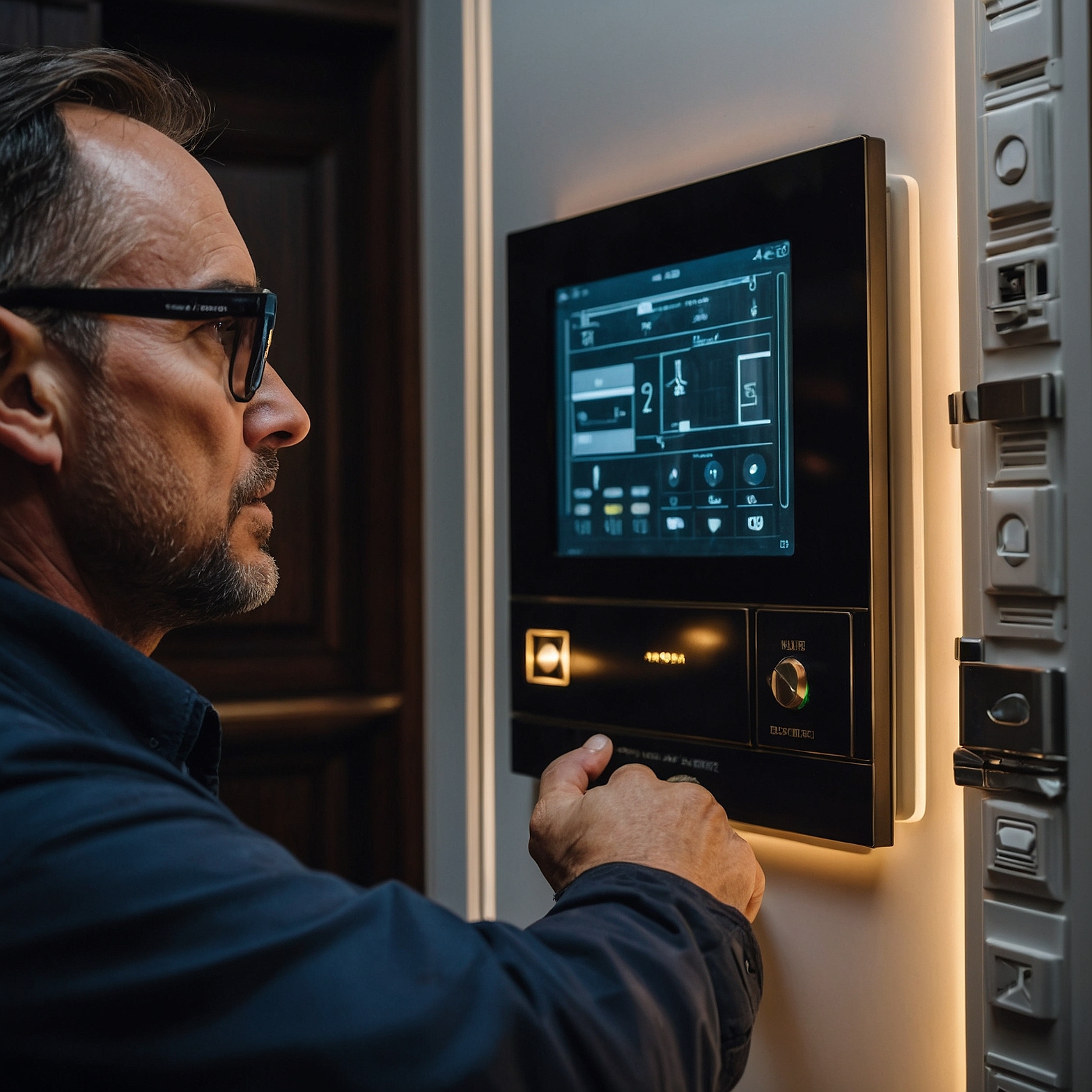Luxury Home Inspections
What to Look for in a Luxury Home Inspection: A Detailed Guide for Buyers
Purchasing a luxury home is a significant investment, often involving unique features, high-end finishes, and complex systems that require specialized attention during the inspection process. Unlike standard home inspections, luxury home inspections demand a more thorough and nuanced approach to ensure that every aspect of the property meets the highest standards of quality, safety, and functionality.
If you’re a prospective luxury home buyer, understanding what to look for in a luxury home inspection is crucial. This comprehensive guide will walk you through the key components, common issues, and expert tips to help you make an informed decision and protect your investment. We’ll also include relevant keywords to help your article attract SEO traffic and reach the right audience.

Why Is a Luxury Home Inspection Different?
Luxury homes often feature custom architecture, advanced technology, and premium materials that require inspectors with specialized knowledge. These properties may include amenities such as swimming pools, home theaters, smart home systems, wine cellars, and extensive landscaping, all of which need expert evaluation.
A standard home inspection might overlook or inadequately assess these features, so hiring a qualified luxury home inspector is essential. They should have experience with high-end properties and be able to provide detailed reports on the condition of every component.
Key Areas to Focus on During a Luxury Home Inspection
1. Structural Integrity and Foundation
Luxury homes often have unique designs, including expansive open spaces, multiple levels, and custom foundations. Inspectors should carefully evaluate the foundation for cracks, settling, or water damage. Structural elements like beams, columns, and load-bearing walls must be assessed for stability and compliance with building codes.
2. Roofing and Exterior Materials
High-end homes may use premium roofing materials such as slate, tile, or copper. Inspectors need to check for wear, leaks, and proper installation. Exterior finishes like stucco, stone, or wood require evaluation for cracks, moisture intrusion, and maintenance needs.
3. HVAC and Climate Control Systems
Luxury properties often have advanced heating, ventilation, and air conditioning systems, including zoned climate control and air purification. Inspectors should verify system efficiency, maintenance history, and any smart controls integrated into the home.
4. Electrical Systems and Smart Home Technology
Modern luxury homes feature complex electrical setups with high-capacity panels, backup generators, and integrated smart home systems controlling lighting, security, and entertainment. Inspectors must ensure all wiring is safe, up to code, and that smart systems function properly.
5. Plumbing and Water Features
Inspect plumbing for leaks, water pressure, and pipe materials. Luxury homes may include features like spa baths, fountains, and irrigation systems that require specialized inspection. Water quality testing may also be advisable.
6. Swimming Pools and Outdoor Amenities
Pools, hot tubs, outdoor kitchens, and landscaping are common in luxury homes. Inspectors should assess pool equipment, structural integrity, safety features, and compliance with local regulations.
7. Interior Finishes and Custom Features
High-end finishes such as hardwood floors, marble countertops, custom cabinetry, and designer fixtures should be examined for quality and condition. Inspectors may also evaluate fireplaces, wine cellars, home theaters, and other specialty rooms.
8. Security and Privacy Systems
Luxury homes often have advanced security systems, including cameras, alarms, gated access, and motion sensors. Inspectors should test these systems and review their integration with smart home technology.
Common Issues Found in Luxury Home Inspections
Even the most meticulously maintained luxury homes can have hidden issues. Some common problems include:
- Hidden water damage behind custom walls or ceilings.
- Electrical wiring that doesn’t meet current safety standards.
- HVAC systems that are outdated or improperly zoned.
- Structural concerns due to unique architectural designs.
- Pool equipment failures or safety hazards.
- Wear and tear on expensive finishes that require costly repairs.
Being aware of these potential issues helps buyers negotiate repairs or price adjustments.
Tips for a Successful Luxury Home Inspection
- Hire a Specialist: Choose an inspector with experience in luxury properties and relevant certifications.
- Attend the Inspection: Walk through the property with the inspector to ask questions and get firsthand knowledge.
- Request Detailed Reports: Ensure the inspection report includes photos, descriptions, and recommendations.
- Consider Additional Inspections: Depending on the property, you may need specialists for pools, septic systems, or environmental hazards.
- Plan for Maintenance: Use the inspection findings to budget for ongoing maintenance and repairs
Categories
Recent Posts










GET MORE INFORMATION

